Are you planning to remodel or build a new custom house? Well, every home-construction project, big or small, has a team behind it, and the success of your project depends on how good the team is.
Before you build your house, you have to build your team
There are multiple players involved in a home project and each brings their own expertise and experience to benefit you. Some bring technical knowledge, some bring craftsmanship and skill, and others bring creative ideas.
Assembling your team may sound overwhelming, especially if you’ve never done this before. So, let’s talk about it.
Who are the main team members?
Well, there’s you. You are a central member of the team.
The Homeowner
Assuming that this is not a DIY project, someone has to come up with the idea(s) and someone has to execute the plan. Often, they’re not the same people. Simply put, the main team members you’ll need to hire are:
An Architect (or Building Designer or Interior Designer) and
A Builder (or remodeling contractor)
Option B is to hire a design-build company that does both design and construction.
Who is best pro for the job?
The scope of your project will dictate whether you’ll want to hire an architect or a designer. If it’s a small interior remodel with no changes to load bearing walls or exterior, then an interior designer can do the work. If it’s a remodel project involving structural work or changes to the exterior (walls, roof, foundation addition, etc.), or it’s a new house, then a building designer or architect is better suited for the job.
Honestly, the title or license is far less important than finding a professional who is right for you and your project. More on this later, but in essence, the main questions are:
Do they have experience with a project similar to yours – scope, cost, climate, city, etc.?
Have they worked with a client just like you before?
Who should you talk to first?
IMHO, in the early planning stages, it’s best to talk to the architect first.
Why?
Early on, an architect will be able to help you envision the transformation in a remodel or the full potential of a new home. For example, in my initial meeting, I’ll review your constraints, discuss design ideas and approximate costs. This will help you refine your goals, plan and budget.
I’ll then refer you to builders that are a good fit for you based on the scope of your project and your needs.
When you talk to a Builder about the design ideas that we discussed, they’ll be able to provide better feedback on costs and savings.
Teamwork is how we work
It’s important that the Architect and Builder have a working relationship and can work in unison to complete your vision. For example, during design, Builder can be invited to provide valuable information about costs and savings. During construction, Architect must be involved in order to provide insight into drawings and suggest design changes when issues arise.
Do not silo these two stages of your project.
They need to communicate with each other to ask questions and solve problems before mistakes occur. That creates a team effort and a more enjoyable experience for everyone.
Who else do I need?
The Architect and Builder will help you figure out who else you need to hire based on the needs of the project.
They’ll even be able to refer you to other service providers and experts critical to your project such as surveyors, geotech engineers, civil engineers, interior designers, landscape designers, etc.
For example, if I see the need for water drainage management on your lot that is beyond the scope of what I do, then I’ll recommend an expert. If the builder needs the services of a surveyor to stake the corners of the foundation, he’ll make that recommendation.
Other experts and service providers
Keep in mind also, that the architect and builder will bring their own consultants and sub-contractors. For example, I work with a structural engineer as my consultant.
Ultimately, the scope and complexity of your project will determine the expertise you need and the size of your team.
The more complicated and complex your project is, the bigger your team will be. In general, new construction custom home projects have the following team members.
All the professionals you may have to hire for your Custom Home Project
What’s next?
Once you know what role you need to hire for, hiring the right people for your project can be tricky.
Stay tuned for my blog posts about how to find the right architect and right contractor for you and your project.
You will be working with them over a period of 6 to 18 months, so it is crucial to be able to communicate effectively and efficiently with them to have an easy and enjoyable experience.
